Understanding Heat Loss and How to Mitigate It
In an era where energy efficiency is more critical than ever, understanding and mitigating heat loss in homes and buildings has become a focal point for reducing energy consumption and, subsequently, carbon footprints. Heat loss — the unintended escape of warmth from indoor spaces — can lead to higher energy bills, increased demand for heating systems, and the need for HVAC repair services. Addressing this issue not only results in cost savings but also contributes to global efforts in environmental conservation and reduces strain on HVAC systems, extending their lifespan and improving overall performance.
Proper insulation, high-performance windows, and air sealing are essential measures to minimize heat loss, ensuring greater indoor comfort and sustainability. This article delves into the mechanisms of heat loss and effective strategies to mitigate it through HVAC repair, highlighting practical solutions that homeowners and builders can implement to enhance energy efficiency. By employing these strategies and focusing on regular maintenance of HVAC systems, we can create more eco-friendly living spaces and significantly reduce the environmental impact of residential and commercial properties while enjoying optimal comfort and energy savings.
Heat Loss: Air and Heat Movements
Heat loss primarily occurs through conduction, convection, and radiation, all of which significantly impact your home's energy efficiency. Conduction is the process through which heat transfers through materials, like walls and windows, due to temperature differences. HVAC repair technicians often examine these areas for potential weak points in insulation. Convection involves the movement of air, whereby warm air rises and escapes through gaps around windows and doors while cooler air enters the space, requiring more energy to warm up again.
Finally, radiation is the emission of heat energy from surfaces; in homes, this often involves heat radiating from windows or poorly insulated walls. Understanding these mechanisms is key to identifying where upgrades can be made for optimal performance and energy savings.
Insulation: The First Line of Defense
One of the most effective methods to mitigate heat loss and improve your HVAC repair strategy is through insulation. Installing high-quality insulation in attics, walls, and floors can significantly reduce conduction, minimizing the amount of heat loss through the building envelope. HVAC repair professionals often emphasize the importance of proper insulation. The materials in insulation trap air and slow down the transfer of heat, maintaining a consistent indoor temperature and reducing strain on your HVAC system.
As a simple yet powerful solution, insulation improvements can yield immediate results in terms of energy efficiency and cost savings, ultimately extending the life of your HVAC system and reducing the need for HVAC repair services.
Heating Systems: Efficiency and HVAC Repair Considerations
Efficient heating systems play a vital role in minimizing heat loss and maintaining desired indoor temperatures with minimal energy consumption, thereby reducing the need for HVAC repair services. Modernizing to energy-efficient models can help reduce the strain on your HVAC system and contribute to overall energy savings.
Interestingly, according to This Old House, the employment of heating, air-conditioning, and refrigeration mechanics and installers is expected to increase by 15% by 2026. This growth is partly driven by the ongoing demand for effective heating solutions, HVAC repair expertise, and upgrades as homeowners and businesses become more conscious about energy efficiency and seek ways to optimize their heating systems' performance.
Heat loss is a critical issue that affects both energy consumption and environmental sustainability. By understanding the mechanisms of heat loss and implementing strategies such as improved insulation, upgraded windows and doors, and efficient heating systems, individuals and businesses can significantly reduce their energy waste, HVAC repair needs, and overall utility bills. As the demand for energy-efficient solutions continues to grow, the opportunities for professionals in the heating and cooling industry do as well, ensuring that our communal efforts contribute positively to the planet's future.
Embracing these advancements for your home not only enhances comfort and cost savings but also fosters long-term environmental responsibility and minimizes the need for HVAC repair services in the future. By working together and investing in efficient solutions, we can create a lasting impact on our environment. For expert advice and assistance with heat loss and heating systems, reach out to The Wright Air Conditioning & Heating Co today to improve your home's energy efficiency and overall comfort.



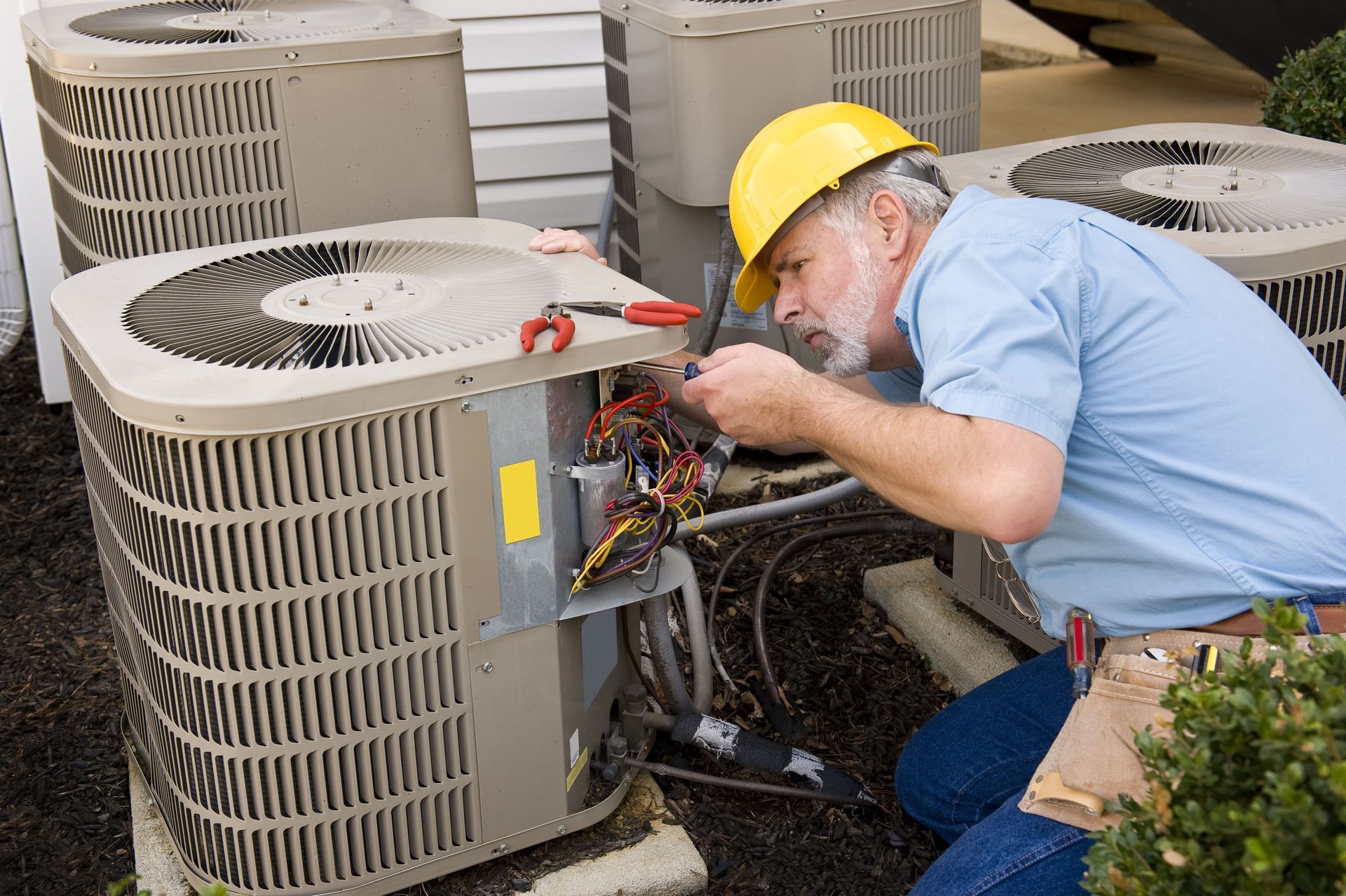
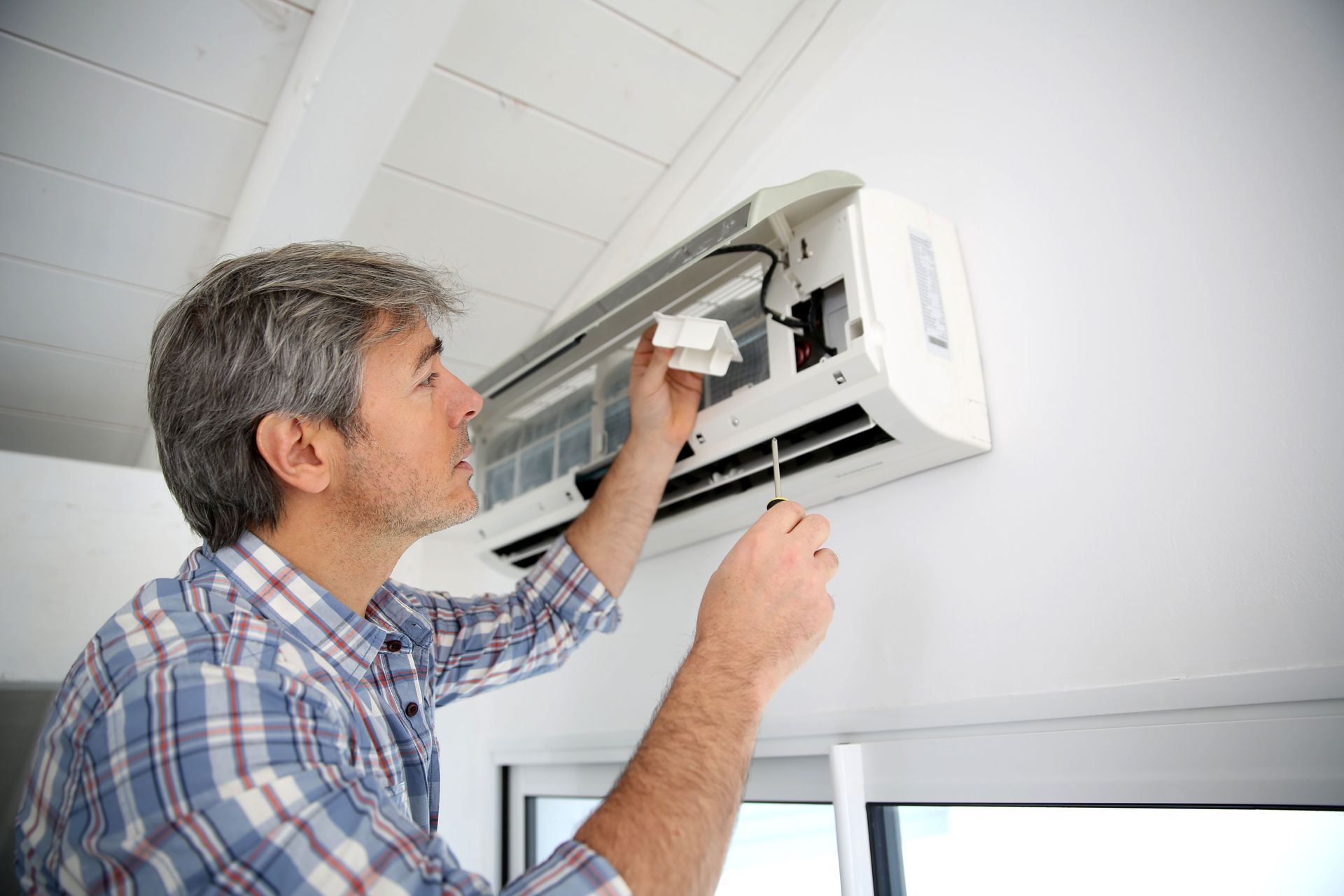
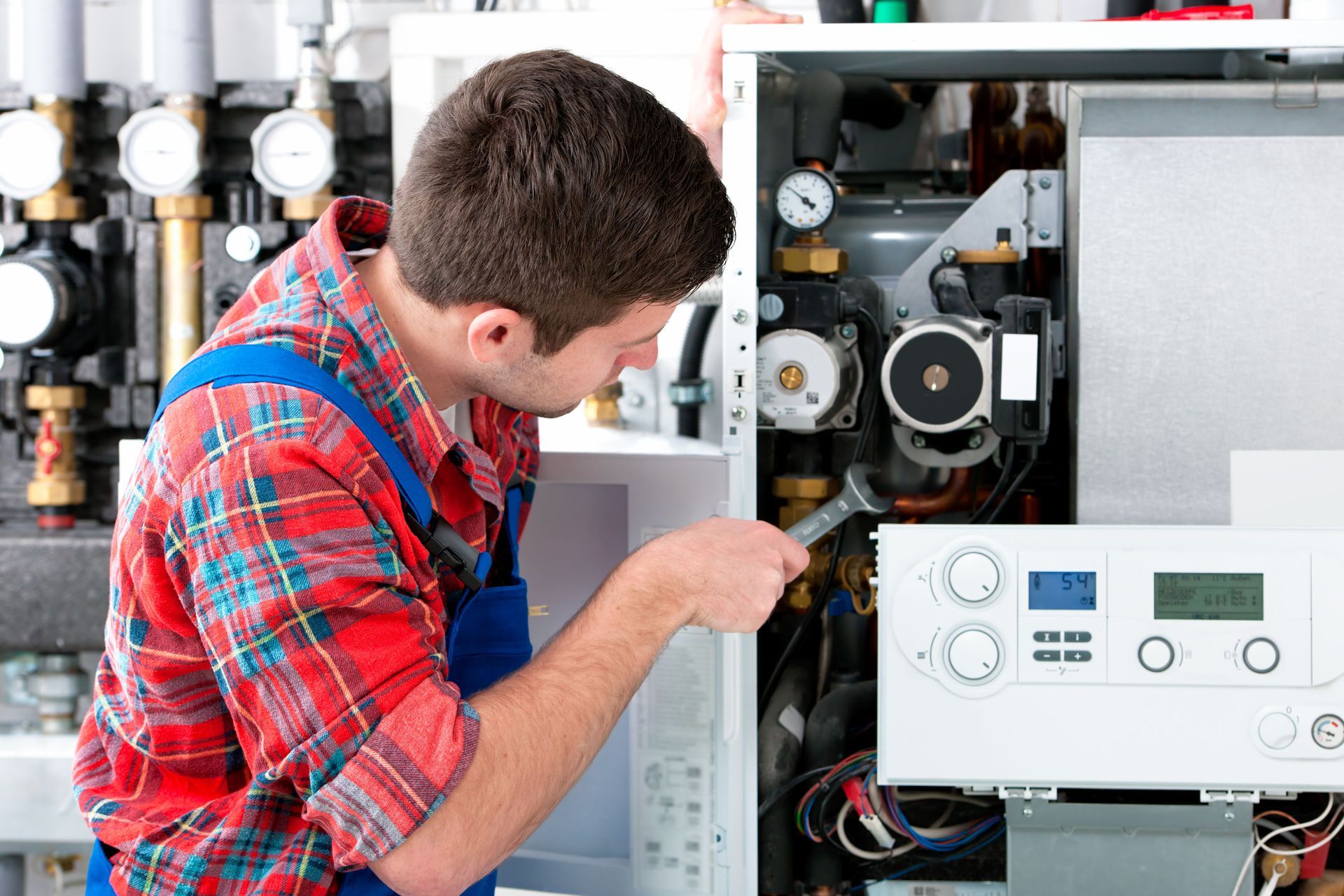
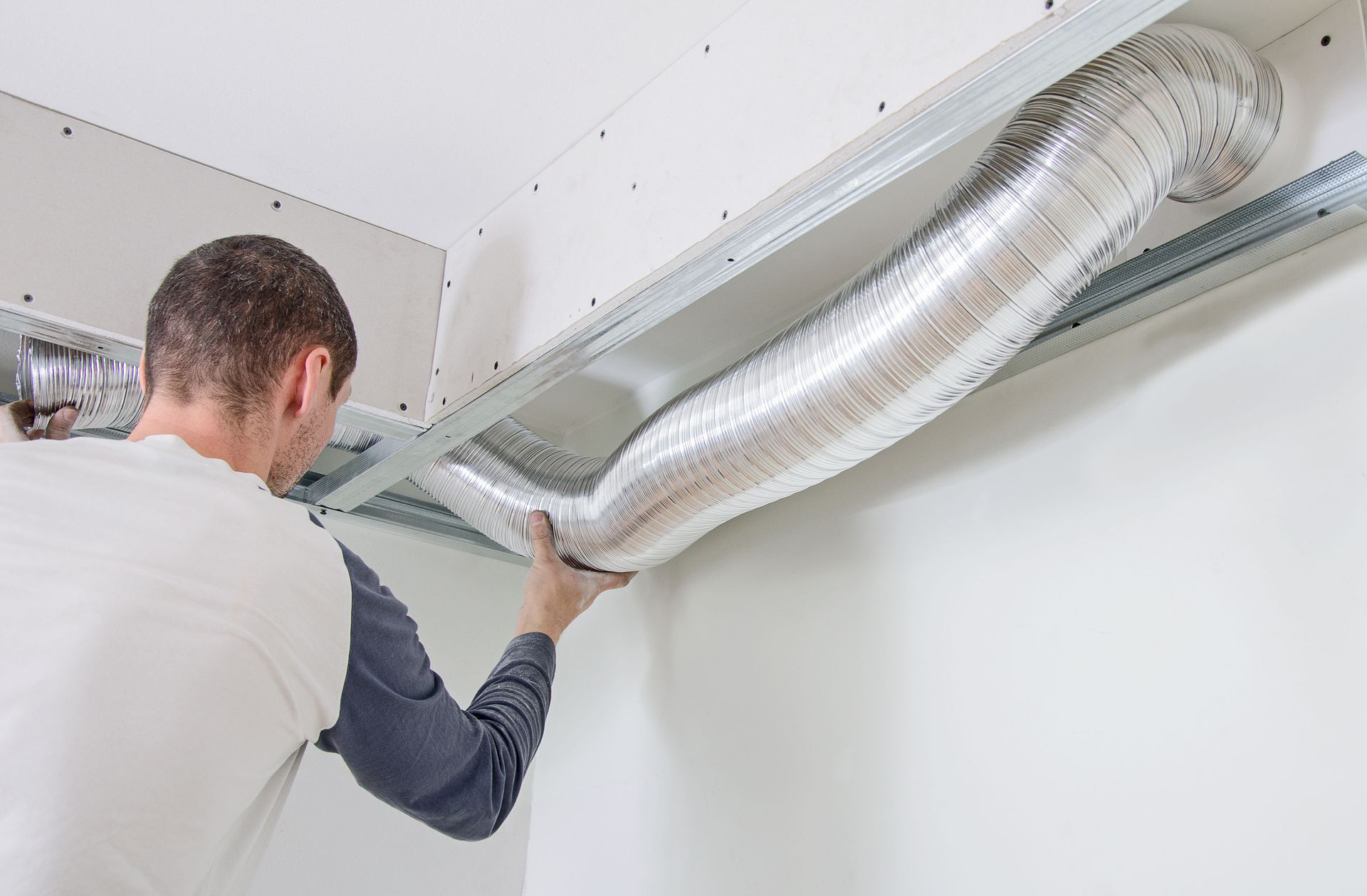
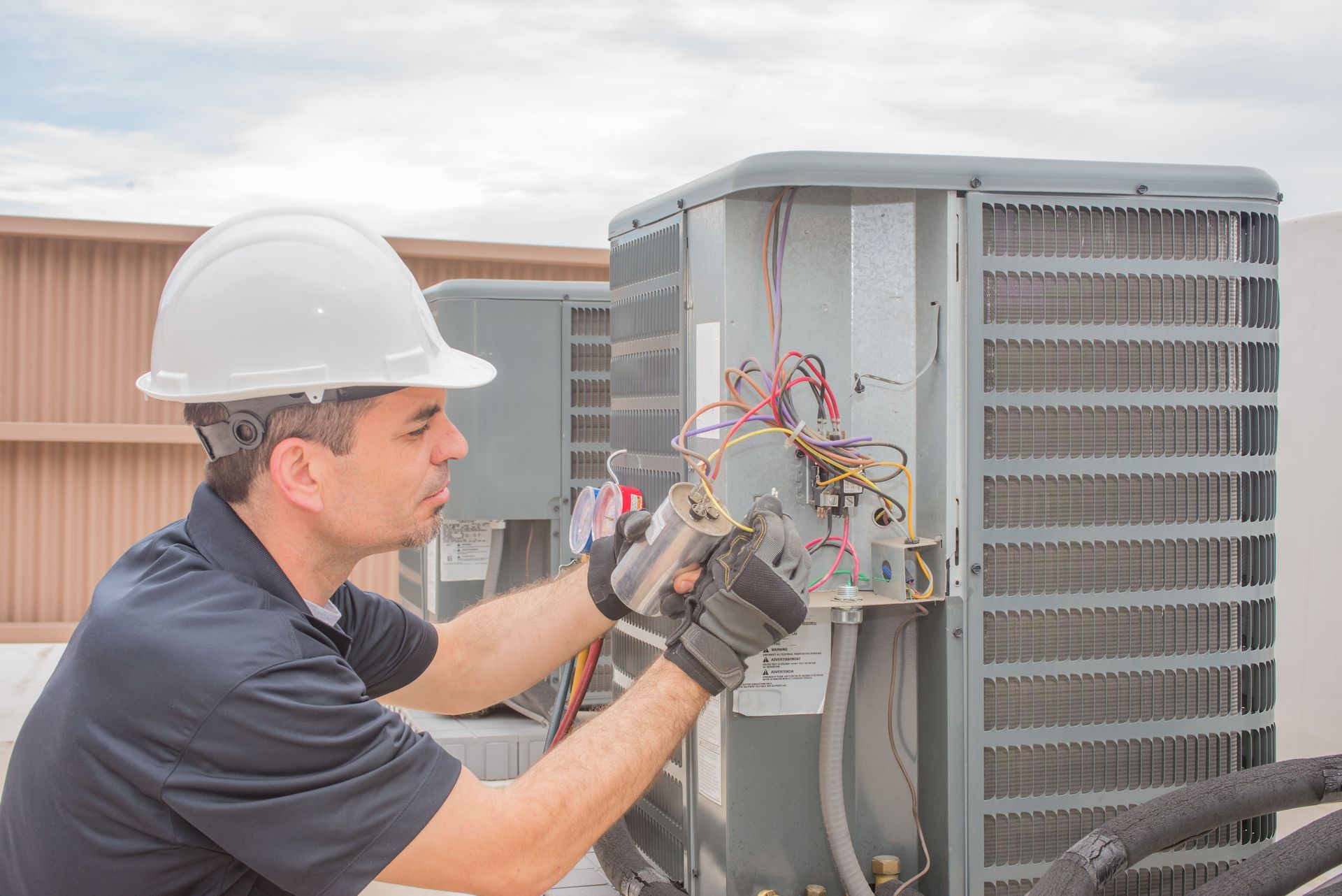









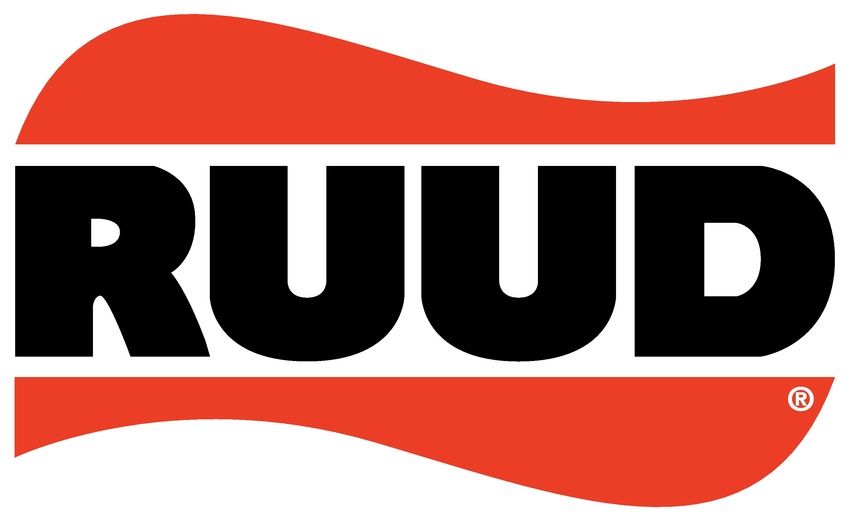




Share On: